Butterfly Pavilion Field Trips
Bring your class, camp, daycare, or other youth group and journey together through Butterfly Pavilion’s indoor and outdoor exhibits to discover the fascinating lives of invertebrates from desert, grassland, rainforest, ocean and freshwater environments.
Field trips feature hands-on experiences with live animals, interactive technology and invertebrate experts, self-guided exhibit exploration and/or facilitated class options with a Butterfly Pavilion educator, and curriculum-aligned content that explores science and conservation topics.
Field Trip Details
- Offered: Monday – Friday
- Classes offered:
- September-May: 9:30 a.m., 10:30 a.m., 11:30 a.m., 12:30 p.m.
- Outdoor class are offered May 30-August 16
- Self-guided visits by request
- Student Pricing: $6/student for admission* + $3/student for class fee (if applicable)
- Adult Pricing: One free adult/5 students, additional adults regular adult admission price
- Capacity: 10-50 students/class
- Junior Naturalist Adventure Guide: Add this self-guided booklet to your field trip for $3/student
- Follows 2nd, 3rd and 4th grade Next Generation Science Standards
- Includes interactive experiences, educational materials, and hands-on activities
- Students will receive a button and a certificate when they complete the guide, making them an official Junior Naturalist!
*Partial admission scholarships available for qualifying groups.
Don’t see the program that you want and are interested in a custom program? More information can be found here.
Book our New Field Trip Virtual Extension Programs!
Enhance your students’ learning with our new field trip extension virtual programs! When you book a field trip with us, you can add our virtual extension programs to our most popular field trip classes. When booked, our team will reach out to schedule the 15-minute pre- and post-visit programs at a time that works best for your class. Each program is led by a Butterfly Pavilion educator and is designed to enhance your student’s learning experience during their field trip to Butterfly Pavilion and to extend that learning beyond their visit. Please see details about the programs below.
Cost: $40 for both programs
Our 15-minute Pre-Visit includes:
- An introduction to Butterfly Pavilion
- An interactive activity introducing students to invertebrates
- An orientation of what to expect during their visit to Butterfly Pavilion
Our 15-minute Post-Visits include:
- A review of what they learned during their class at Butterfly Pavilion
- An educator-led activity that builds on what they learned during their class
- Worksheets and/or extension activities with answer keys to evaluate students on the content area
Field Trip Virtual Extension Programs are available for the following classes:
- Amazing Adaptations
- Butterfly Buddies
- Habitat Connections
- Life Cycles
- Pollinator Pals
- What’s That Bug
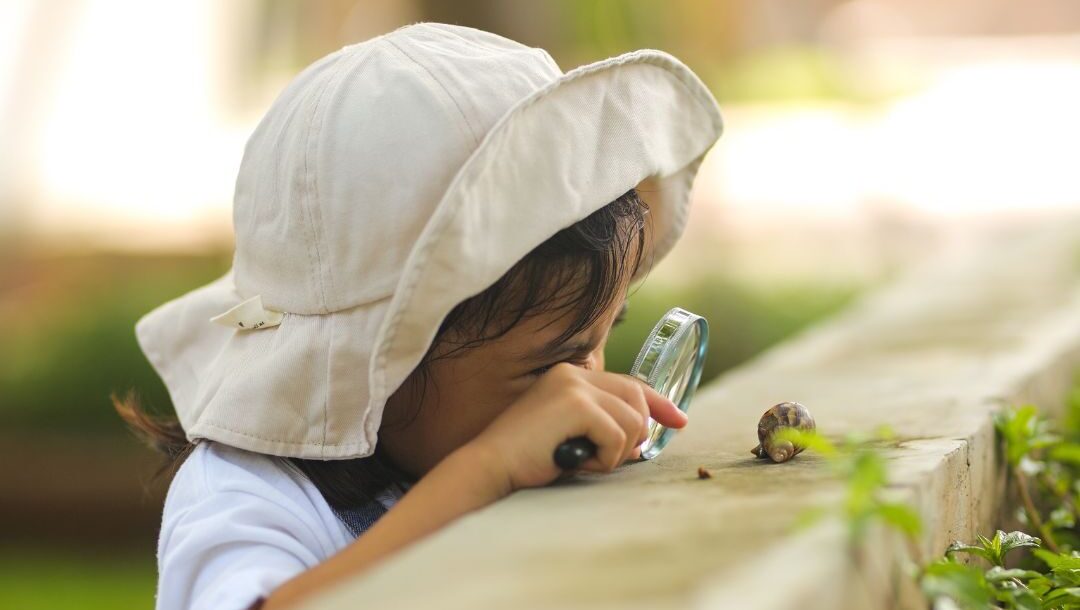
Pre-K Field Trips
Nurture a love for our natural world in your young explorers with exciting field trips! Students engage in hands-on encounters with live animals and exhibit exploration. Our educators offer tailored classes for your Pre-K students with interactive activities and age-appropriate environmental topics.
Learn More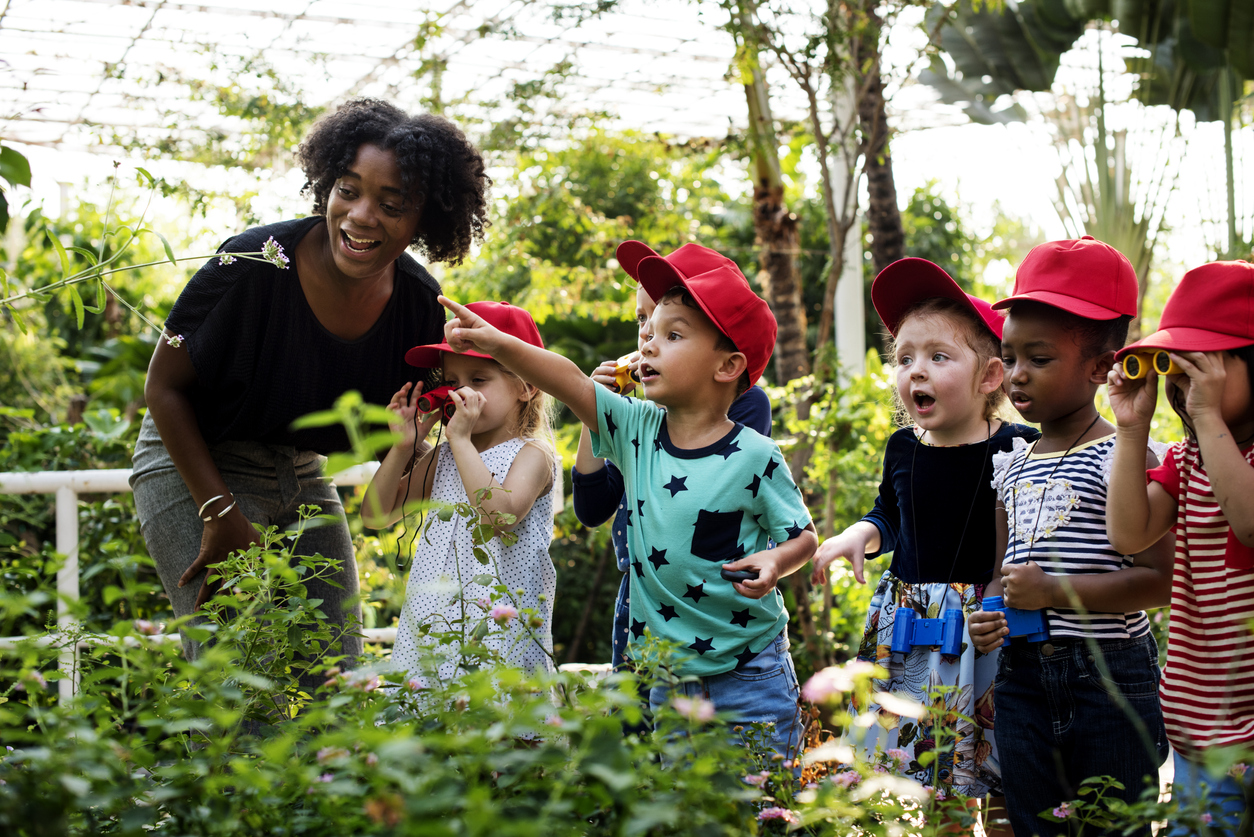
K-3rd Grade Field Trips
Engage your elementary learners with nature through our field trips! You can choose from self-led exhibit exploration or add an expert-led class to your visit. Our classes, led by Butterfly Pavilion educators, offer live animal encounters and exploration of curriculum-aligned content, including life cycles, habitats, and more!
Learn More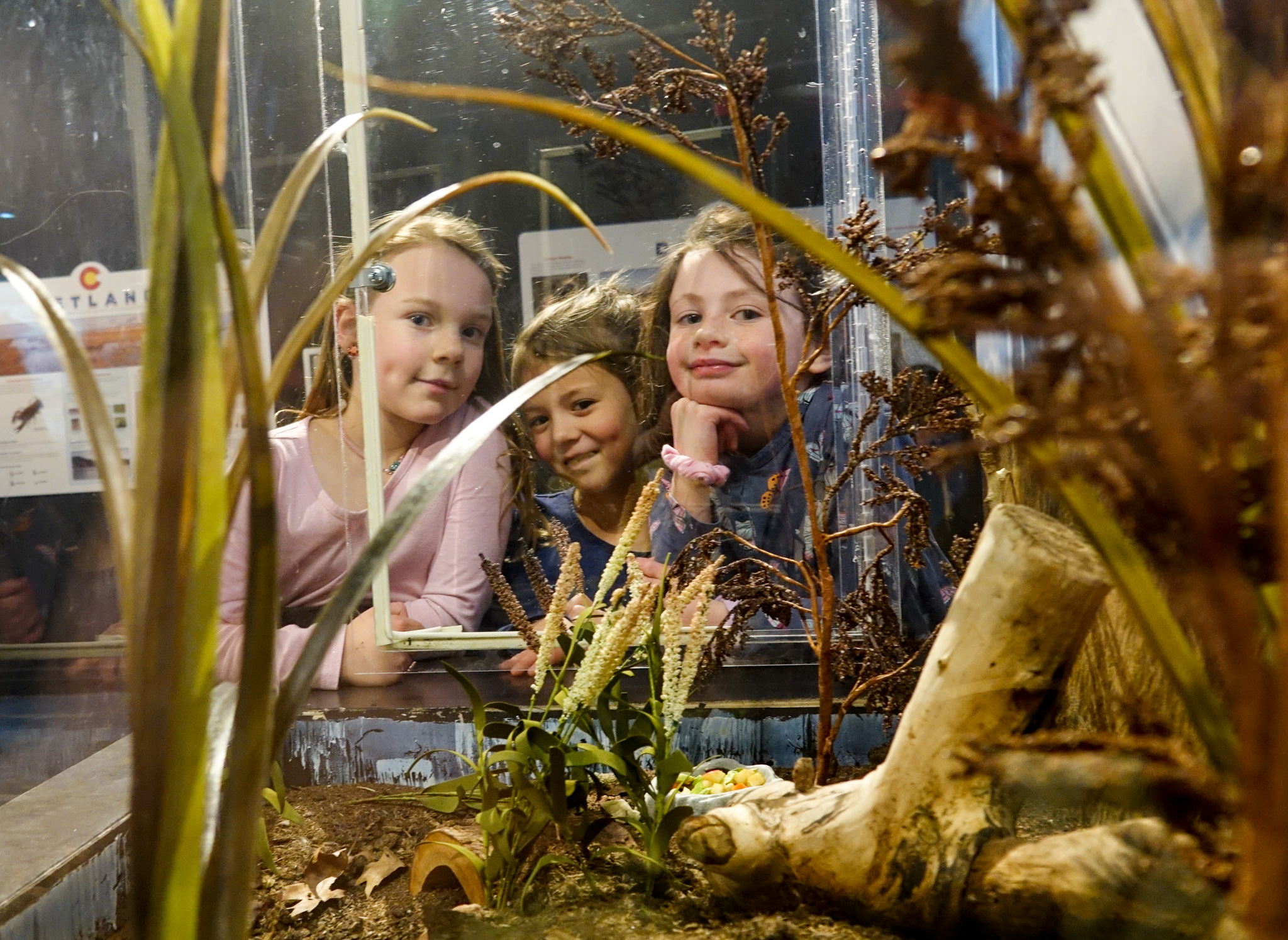
4th-5th Grade Field Trips
Take your upper elementary students on a captivating journey through the world of invertebrates. Our field trips blend exhibit exploration with optional expert-led classes that explore how animals survive, their functions in our ecosystems, and more. Our curriculum-aligned content explores science and conservation topics through interactive activities and live animal encounters, making learning hands-on and engaging for your students.
Learn More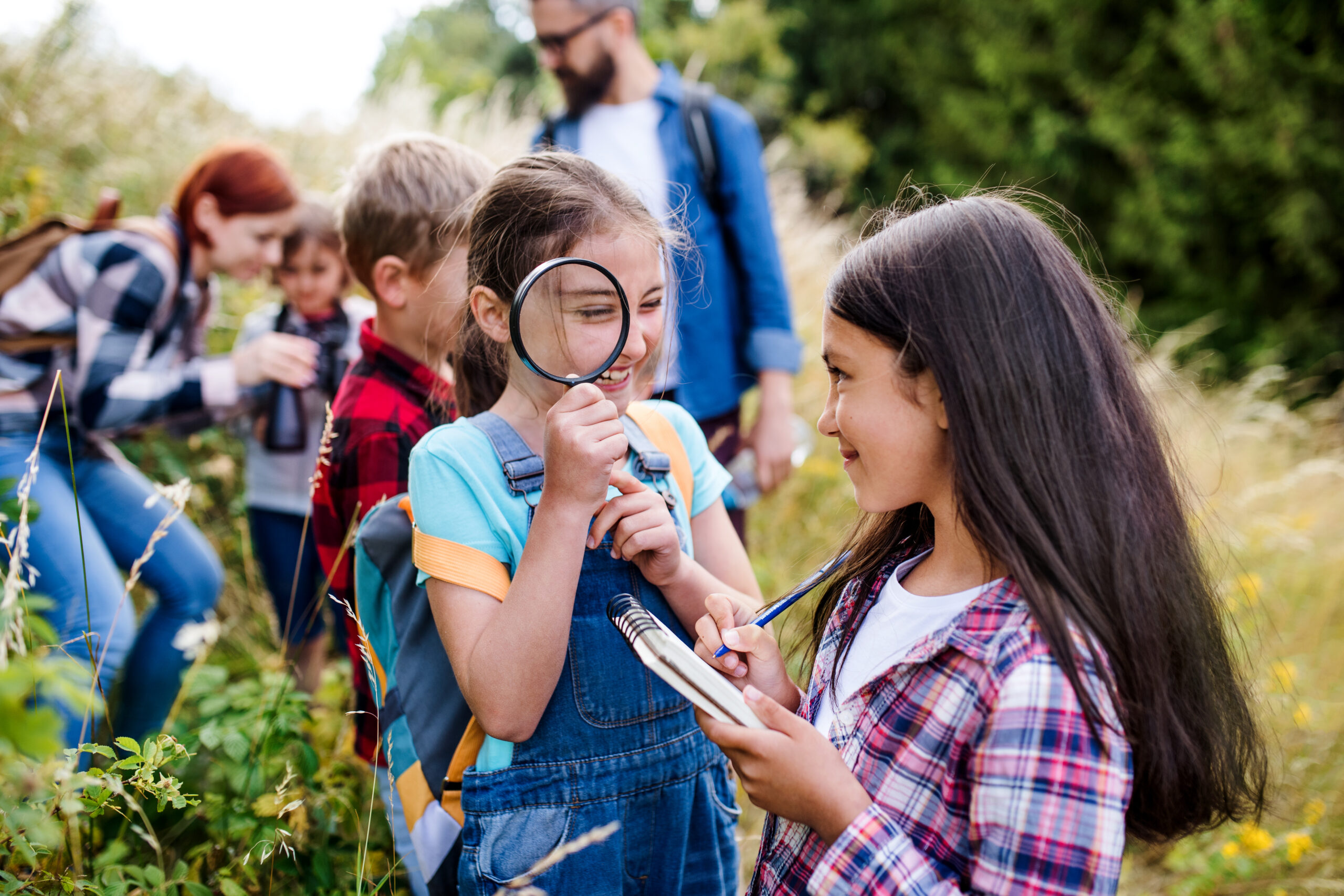
6th-8th Grade Field Trips
Have your middle schoolers embark on an immersive field trip, interacting with live animals and learning from invertebrate experts. Choose self-guided exploration or add educator-led classes to your visit, all featuring curriculum-aligned science and conservation topics to spark curiosity and appreciation for our natural world in your students.
Learn More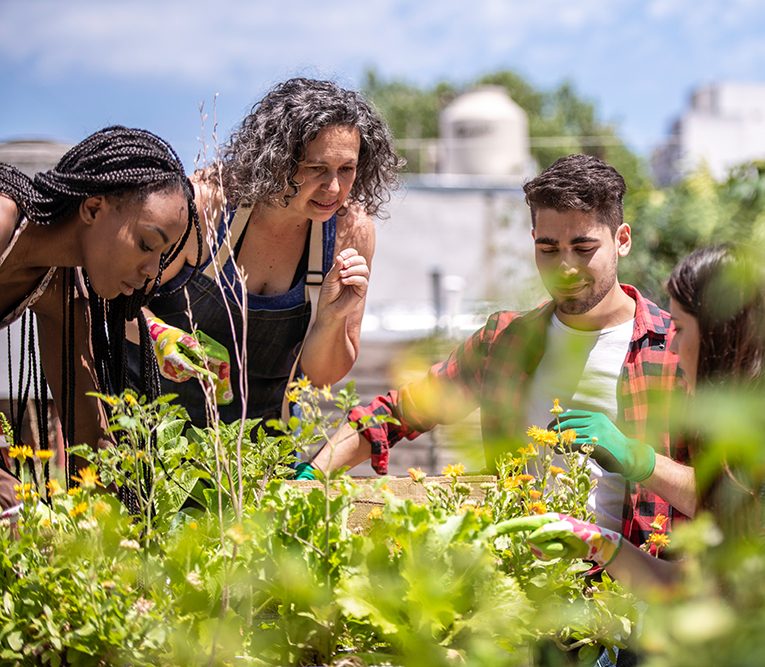
9th-12th Grade Field Trip Programs
Prepare high school students for a deeper understanding of science and conservation. Our field trips offer interactive animal encounters, expert-led classes, and exhibit engagement for your students. Curriculum-aligned content and in-depth exploration of environmental topics ensure a comprehensive learning experience for older students to prepare them for advanced studies.
Learn More
Summer Field Trips
Immerse your students in nature this summer with our engaging outdoor classes!
Learn More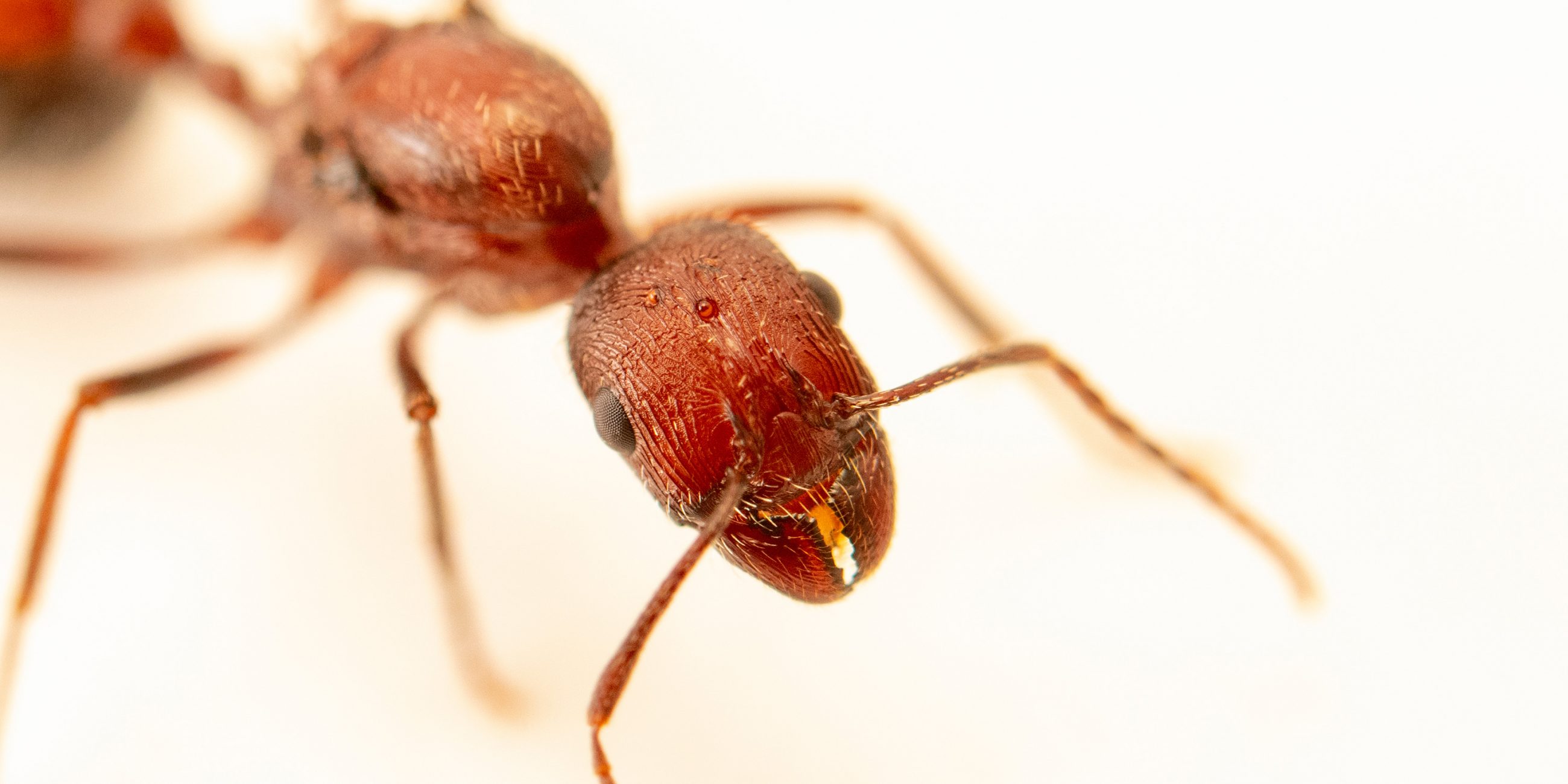
Scholarships
Butterfly Pavilion offers scholarships to Title 1 schools or other groups with students qualifying for the Federal Free and Reduced Lunch (FRL) program as funding allows. Please click below to learn more.
Scholarships


